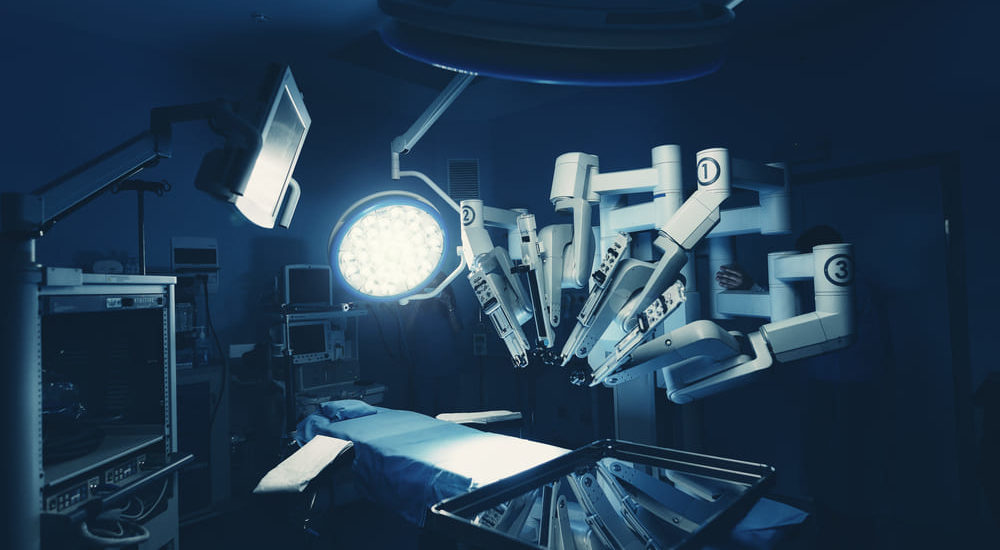
Artificial Intelligence to be Used to Detect Alzheimer’s Disease
Alzheimer’s disease is one among the very few diseases that remain uncured as of now. And this is also not any minor disease. Alzheimer’s disease affects tens of millions of people worldwide. Though there are many who say that this disease can be prevented, it is very hard to detect this disease in its early stages. But seems like that is going to be changed pretty soon.
Researchers believe that Artificial Intelligence can play a role in sensing this disease early on and suggest counteractive suggestions to capture the disease. Researchers were able to demonstrate that a trained neural network would be able to accurately detect and diagnose Alzheimer’s disease in a very small number of patients.
Medicine and Technology

The software was able to diagnose this based on brain scans that were taken years ago, long before Alzheimer’s hit these patients. The team used FDG and PET images to train and test their neural network. FDG, which is a radioactive type of glucose was injected into a person’s bloodstream, thus letting this liquid ooze into a person’s bodily tissue, brain tissue and also regular glucose.
In more easy terms, the software would be able to recognize if a patient is showing lower levels of metabolic activity, especially in certain parts of the brain. But, how many scans were used to determine this? Images need to be analyzed to find evidence, right? Well, the team used 2,109 FDG-PET images from 1,002 patients, thus training their neural network on 90 percent of these images, and testing it on the other 10 percent.
Hope of Cure

These networks were also tested on a separate set of 40 patients who were scanned between 2006 and 2016, and these were also compared with the AI’s findings with those of a group of specialists who had analyzed the same data.
And turns out that with the separate set of testing data, the AI was able to accurately diagnose Alzheimer’s patients almost 100 percent of the time, and the software was also able to determine when a patient does not have the disease, almost 82 percent of the time, which is a huge upgrade or improvement.
This makes one thing clear. AI in the medical field is not just random shooting or guesses. Artificial Intelligence can be a useful tool for radiologists in the future. Other researchers have already found this to be true, considering the amount of work AI has already shown in other medical fields, and also when considering the work that was shown when AI was used to treat this field as well.





